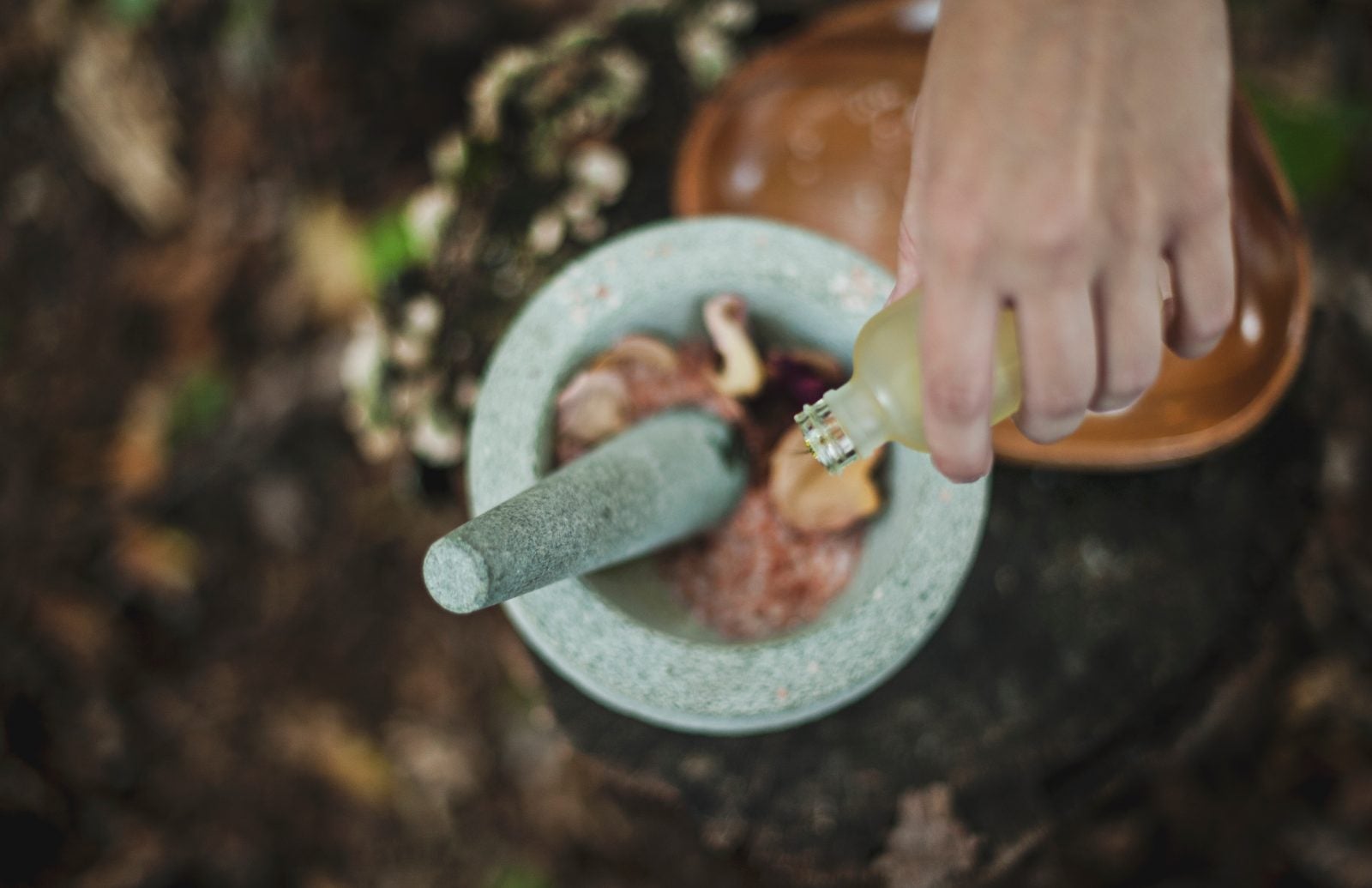Indians are spending billions of dollars on beauty products made with common kitchen ingredients
Indians are going back to their roots—at least when it comes to looking good and smelling fresh.


Indians are going back to their roots—at least when it comes to looking good and smelling fresh.
Buoyed by the popularity of herbal brand Patanjali Ayurved, promoted by yoga guru Ramdev, soaps, shampoos, and lotions infused with traditional ingredients are now outshining regular personal care products, according to a new report by consumer insights firm Nielsen India. The market for natural personal care is growing 1.7 times faster than the overall sector, and is currently worth Rs18,500 crore ($3 billion), accounting for 41% of India’s total personal care market.
“The move towards all things natural in personal care is a present reality,” the report said. Indian consumers, according to Nielsen, are now ditching chemical-laden products in favour of those infused with local ingredients they believe are more effective, including neem and tumeric.
“Indians are increasingly concerned about the quality and origins of ingredients available in the market, and the abundance of information around them has made for some picky shoppers,” the report added.
That partly explains the recent popularity of Patanjali, which has expanded the market for natural products. With Ramdev himself endorsing the goods, Patanjali has managed to touch over Rs10,500 crore in revenue (as of March 31) by selling Ayurvedic toothpastes and shampoos, among other herbal products.
Patanjali’s success has prompted foreign consumer giants, including Hindustan Unilever and Colgate-Palmolive, to jump into the fray by launching natural soaps and toothpastes, and acquiring local herbal brands. Meanwhile, other Indian firms that have been selling herbal face washes and soaps for years, including Bengaluru-based Himalaya Drug Company and New Delhi-based Dabur, have become more aggressive in marketing their brands to capitalise on the newfound popularity of natural products.
So far, Indian companies are the clear winners, accounting for around 79% of all the natural products sold in the local market, according to Nielsen. Sales of their natural products are growing four times faster than that of multi-nationals, Nielsen says, because Indian shoppers believe only local brands use “common kitchen ingredients” to create safe and healthy products.
This, despite the fact that the authenticity of such claims, notably by companies like Patanjali, has been contested in the past.